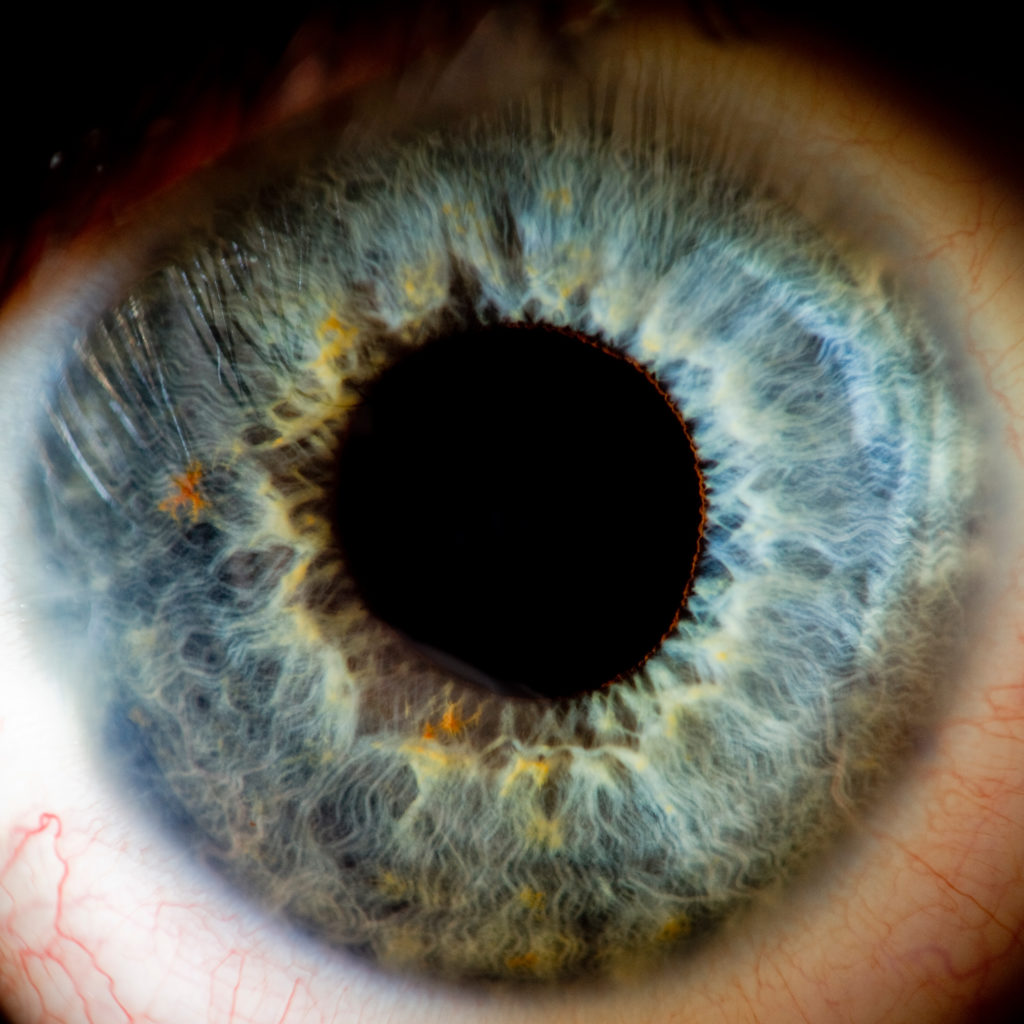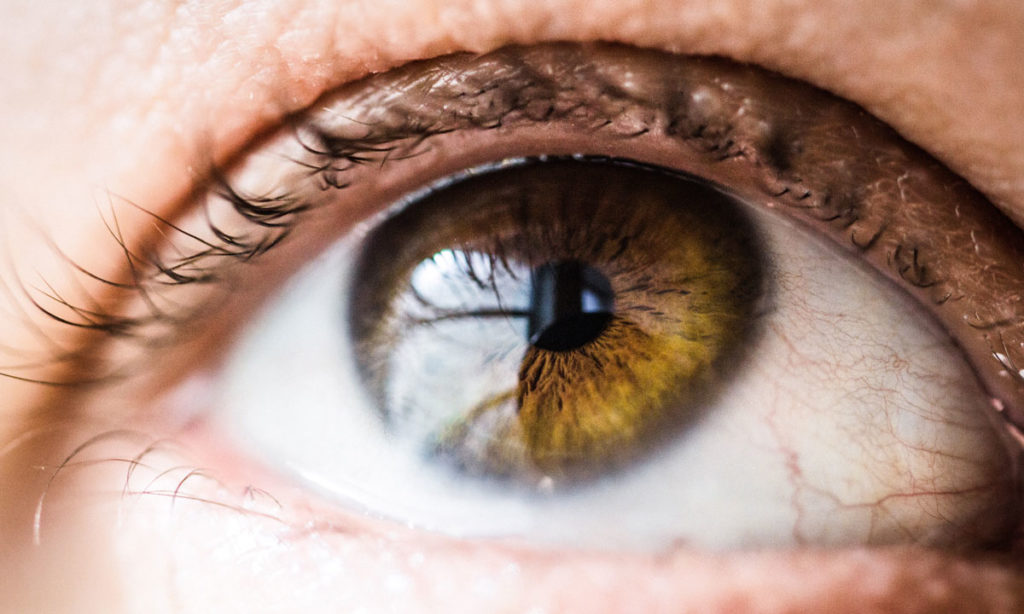Retinitis Pigmentosa is a group of eye problems that affect the retina. This condition changes how the retina responds to light, making it hard to see. People with Retinitis Pigmentosa lose their vision slowly over time. Usually, though, they may not become totally blind.Retinitis Pigmentosa is a genetic condition; it can be passed down in families.

Here are few factors that may lead to Retinitis Pigmentosa:
• Rather than being considered a single disease, Retinitis Pigmentosa instead is viewed as a group of diseases affecting how light-sensitive cells in the back of the eye function.
• If you or your partner has RP, there may be up to a 50 percent chance that you will pass it along to your children.
Having trouble identifying symptoms for Retinitis Pigmentosa here is an eye-opener for you:
Retinitis Pigmentosa causes slow loss of vision. Symptoms start with decreased night vision and then they progress to peripheral vision loss, resulting in a “tunnel vision” effect. Some people may face difficulty in color identification. The rate of vision change varies in different people depending on the genetic makeup of their disorder.
• Loss of night vision. Night blindness is when you cannot see anything in the dark. Your vision may be normal during the day. As you start losing night vision, it takes longer to adjust to darkness. You may stumble over objects or have trouble driving at dusk and at night. You might also find it hard to see in movie theaters or other dim rooms.
• Gradual loss of peripheral (side) vision. This is known as “tunnel vision.” You may find yourself bumped into things as you move around. This is because you are not able to see objects below and around you.
• Loss of central vision. Some people also have problems with central vision. This can make it hard to do detailed tasks such as reading or threading a needle.
• Problems with color vision. Some people may also have trouble seeing different colors.
Can Retinitis Pigmentosa be treated?
Yes, now there are treatments that can help you cure RP. According to research, vitamin A palmitate may help in slowing the progression of certain forms of RP. Your ophthalmologist can advise you on the risks related to the benefits of vitamin A palmitate and on the safety intake. Too much vitamin A palmitate can result in toxicity. Also, the beneficial effect of vitamin A palmitate on RP progression is not significant.

We at Sanjeevan- For prefect eyesight have a special treatment that focuses on improved peripheral vision, reduced photophobia, and prevents the deterioration of rod and cone photoreceptor cells thereby preventing blindness. The treatment methods are created in such a way that they help the whole visual devices. So, if you face any of these symptoms of night blindness, photophobia, and poor colour separation we are at your rescue during the course of the treatment.
Thus, the treatment helps in stopping further degeneration of the eye and in vision improvement.
In case, if you think you too are suffering from Retinitis Pigmentosa, take a vision test now at Sanjeevan – For Perfect Eyesight now!
